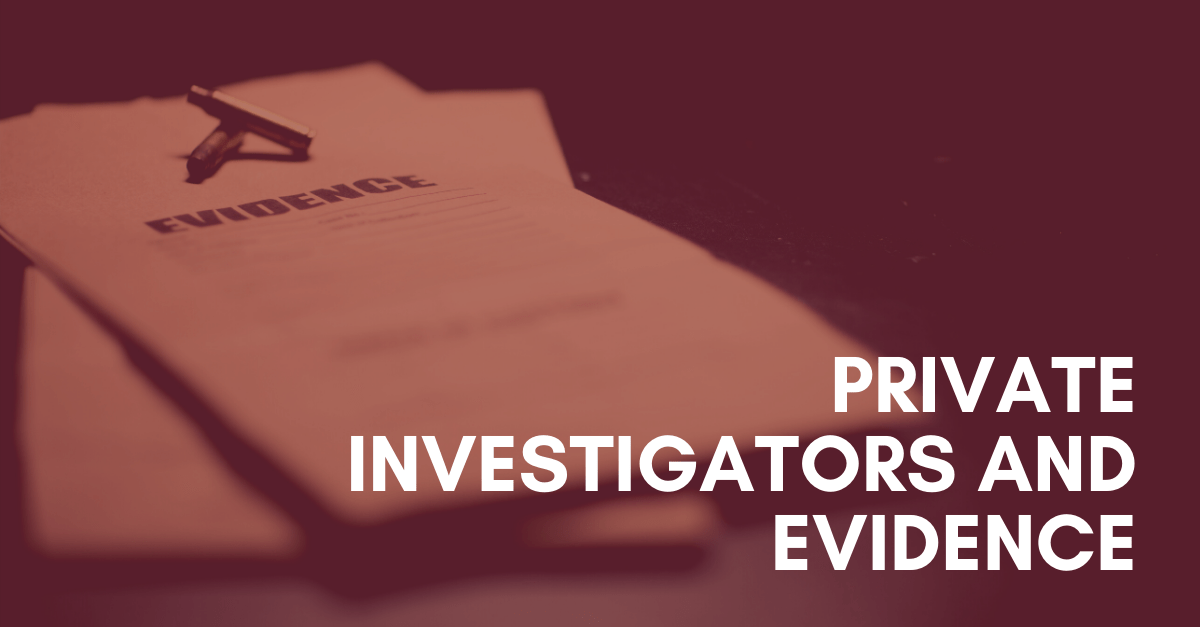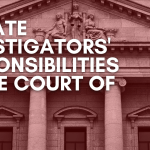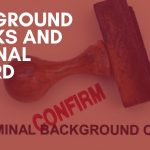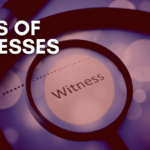Private investigators provide an important service for attorneys in court. Their help is instrumental in turning the outcome of a case to its rightful conclusion. Primarily they help compile and collect evidence. This is a subject often spoken of, however, not often deliberated in detail. Throughout this article, we will be delving into how private investigators handle evidence. We will cover how their work with evidence culminates in court.
In previous posts, we have spoken about how important it is for PIs to collect and handle evidence properly. That is to say, If they don’t hold to these strict criteria they run the risk of said evidence being inadmissible at court. Now let us dive a little deeper into specifics.
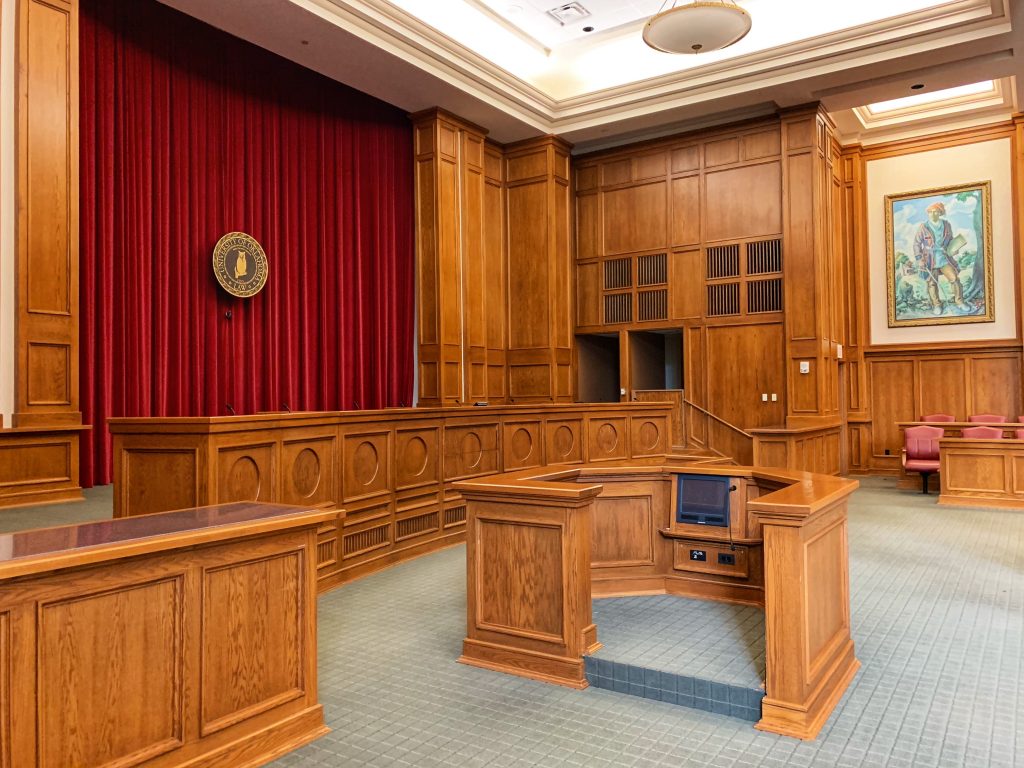
Physical Evidence
This type of evidence plays an incredibly important part in a lot of cases. Handling physical evidence is a delicate matter and must be handled with care. Therefore, it must not be contaminated or compromised during collection. A precautionary measure to make sure this doesn’t happen is to document everything we can about it. For example, it is important for PIs to document where they found a piece of evidence, and that they record the time and date they found said evidence at. In addition, documenting the conditions of the evidence at the time of its collection in detail is also important.
Detailing all of this and more is crucial to the legitimacy of evidence. Otherwise, the opposition may consider it contaminated or call its authenticity into question. Essentially making the evidence void in court.
Digital Evidence: Audio and Visual
We are in the digital age today, therefore, video and audio evidence often make an appearance on a case, and can play a crucial role in court. Hence why this is one of the reasons private investigators often make use of audio and video equipment in their work. They are excellent tools for the collection of evidence. It is crucial to ensure that the quality of the image is clear, so as not to obscure its subject. The same goes for audio equipment, a PI must make sure that their equipment is recording properly and at a good enough quality to be discernible.
As with physical evidence it is very important to log and document digital evidence correctly. Additionally, a private investigator must safely secure and back it up.
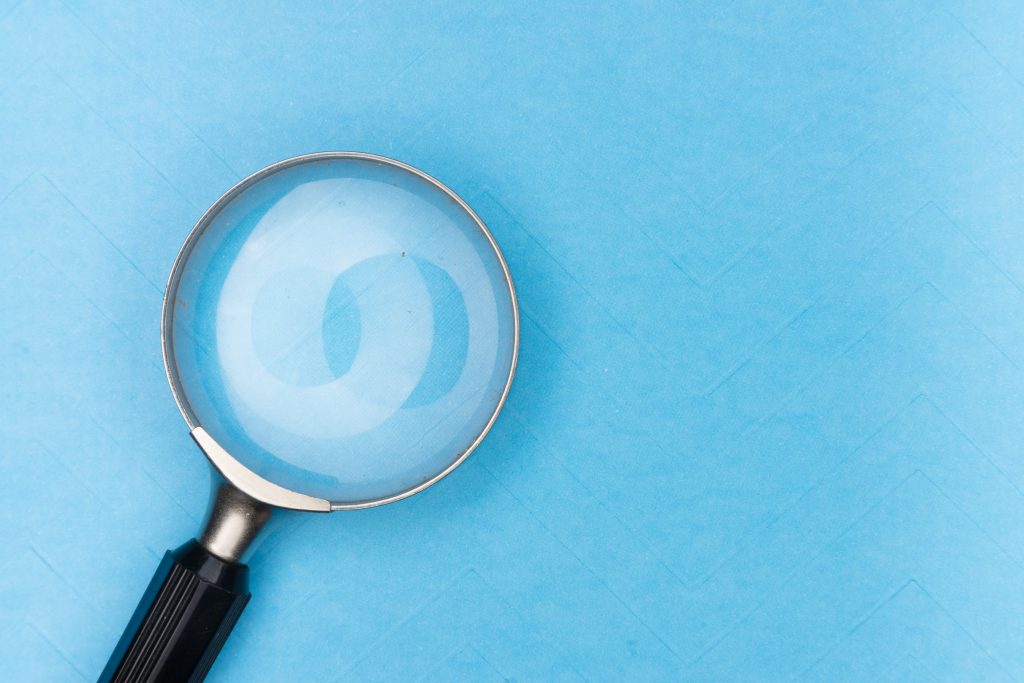
Witness Statements
An eyewitness statement can be a critical turning point in any case, they can even result in prosecuter being able to file charges. That aside, witness statements alone don’t always hold a lot of weight in court. Unless they specifically took part or witnessed a particular event relevant to the case they are often just considered circumstantial evidence. However, they become very powerful once combined with other direct forms of evidence; such as digital or physical evidence. Their statements can also serve as the catalyst in beginning a more thorough investigation. For instance, in the permission to carry out a deeper investigation and collect more substantial pieces of evidence.
Overall, private investigators are experts in collecting the various types of evidence that are out there. If you find yourself in need of a licensed private investigator and their particular set of skills, please feel free to call us. Or simply click on this link to get in contact with one of our team members.

